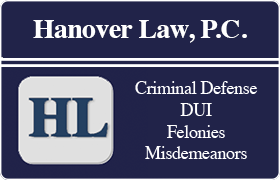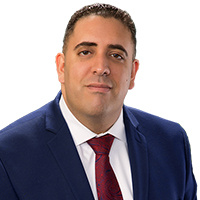Washington Navy Yard White Collar Crime Lawyer, District of Columbia
Sponsored Law Firm
-
 x
x

Click For More Info:
-
Hanover Law, P.C.
888 16th St NW Suite 800 | Washington, DC 20006 » view mapCriminal Defense, DUI, Felony, Misdemeanor Receive a Response Within 24 Hours
If you need a lawyer, give us a call- your first phone consultation will be free. We want to ensure that everyone can afford a good attorney.
800-949-9630  Sean Hanover Washington, DC
Sean Hanover Washington, DCAttorney At Law - DC, 2011
David A. Clarke School of Law - 2008
 Testimonials
TestimonialsAt Hanover Law, we strive to be attentive and responsive to our clients.
Farral Ashley Haber
Farral Haber is a lawyer in Washington D.C. who focuses on white collar crimes. She has tried cases involving healthcare, fraud, embezzlement, a... (more)
Rammy Barbari
Rammy G. Barbari brings significant professional experience in the legal, international business, and government sectors to Price Benowitz. He is barr... (more)


 Sean Hanover Washington, DC
Sean Hanover Washington, DC Testimonials
Testimonials


